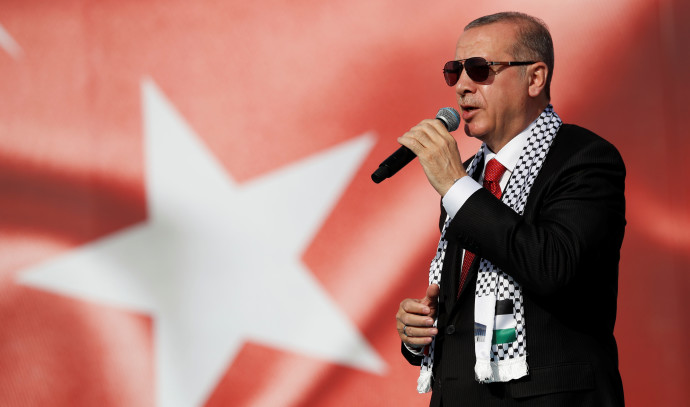- Joined
- Jan 2, 2009
- Messages
- 20,956
- Reaction score
- 13,238
- Location
- Washington State
- Gender
- Male
- Political Leaning
- Conservative
<snip>
Israeli and the U.S. forces intercepted most of the Iranian drones and missiles. But they were able to do so in part because Arab countries quietly passed along intelligence about Tehran’s attack plans, opened their airspace to warplanes, shared radar tracking information or, in some cases, supplied their own forces to help, officials said.
The operation was the culmination of years of U.S. effort to break down political and technical barriers that thwarted military cooperation between Israel and the Sunni Arab governments, officials said. Instead of a Middle East version of the NATO alliance, the U.S. has focused on less formal regionwide air-defense cooperation to blunt Tehran’s growing arsenal of drones and missiles—the very weapons that threatened Israel Saturday.
Efforts to build an integrated air-defense system for the region date back decades. After years of false starts and minimal progress, the initiative gained momentum after the 2020 Abraham Accords brokered by the Trump administration, which established formal ties between Israel and the United Arab Emirates and Bahrain.
<snip>
In March 2022, Marine Gen. Frank McKenzie, then the top U.S. commander in the region, convened a secret meeting of top military officials from Israel and Arab countries to explore how they could coordinate against Iran’s growing missile and drone capabilities. The talks, held at Sharm El Sheikh, Egypt, marked the first time that such a range of ranking Israeli and Arab officers met under U.S. military auspices to discuss countering Iran.
“The Abraham Accords made the Middle East look different…because we could do things not just under the surface but above it,” a senior Israeli official said. Joining Central Command enabled even more technical cooperation with Arab governments. “That’s what created this alliance,” the official said.
May be behind a paywall so I included the meat of the article.
Glad to see so much effort over the years led to the kind of cooperation necessary to thwart Iran’s attack on Saturday. Sounds like an important step to reducing Iran’s influence and threat to the region.


